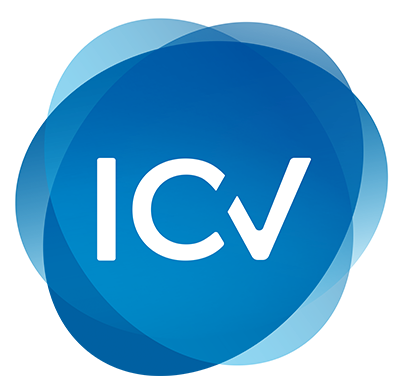43rd Controller Congress: Ralph Treitz and digital controlling

43rd Controller Congress, April 23, 2018
14.30
Digital Enterprise - Digital Finance - What is Digital Controlling?
- From the custodian of reporting and post-failure analysis to active management of the enterprise performance
- How to automate time-consuming processes such as monitoring the variety of KPIs?
- How to find the best focus as digital business models make companies more and more complex?
- What skills do you need and what new characteristics do financial and controlling organizations experience through digitization?
Ralph Treitz
CEO
Trufa Inc.
San Bruno, CA und Heidelberg
Three questions to Ralph Treitz
- Why should the debate on digitalization have the highest priority also for controlling?
Treitz: There are two views on the effects of digitalization. For example, digitalization promotes automation and other optimization of processes. This is the very own controlling’s area of work, with regard to the respective business units, such as procurement, production, sales, etc. And of course the controlling itself is also affected, you can work significantly more efficiently.
However, digitalization brings also drastic opportunities and risks for the business models of companies. Such general changes initially fall into the area of responsibility of management, strategy development, etc. But how should a company management develop a clear picture of opportunities and risks without finance & controlling? It would be negligent if the company's own controlling department focuses on the past and maintains the reporting system, while the management has to put the shaping of the future in the hands of external consultants. Controlling is required here.
- How good has the realization that there is a need for action, arrived at the company, from your point of view?
Treitz: The need for action is increasingly perceived, but unfortunately mostly still diffuse. When the Manager Magazine warns in its February issue of the "pied piper of digitalia", it is an expression of vague perception of the challenges faced by companies.
Well, you have to admit that recognizing the task is anything but easy, because digitalization comes from many directions: automation is the easiest way to understand it. The question of whether new players in the market successfully challenge their own business model, and how you should position yourself, overwhelmed many companies. The "innovator's dilemma" (finding that successful companies tend to perish rather than cannibalize their own, previously successful business model) has been scientifically proven. If only 7% of German companies assume that startups could question their business model, this shows that they are actively looking the other way. Add to that the question of the abilities of the own team. This ranges from IT to the technical departments and also to controlling. Do we have the right skills? How can we educate people? Do our employees really want to follow the challenge in large numbers, or do we even have to restructure our workforce?
- Are there any experiences from the ICV Digitalization Offensive that you and Prof. Dr. Ing. Andreas Seufert advance significantly in the work in the ICV expert work group and that you include in your presentation?
Treitz: Of course. The digitalization initiative started with the classic premise of a work group: Let us share the experiences we have made. We quickly realized that there was little to share in terms of digitalization. Digitalization is just at the beginning, but comes with power. The participants of the WG BI/Big Data literally spat into their hands and made their own experiences. As Head of the WG, Prof. Dr. Ing. Seufert and I have the pleasure to coordinate that and to ensure the flow of information. Also and especially for the annual congress in various lectures, the exhibition etc.
The digitalization initiative offers a variety of involvement for all interested. This ranges from webinars, through hands-on workshops to the temporary testing of software in your own company. There is still the following: Participation makes you learn more than watching.

